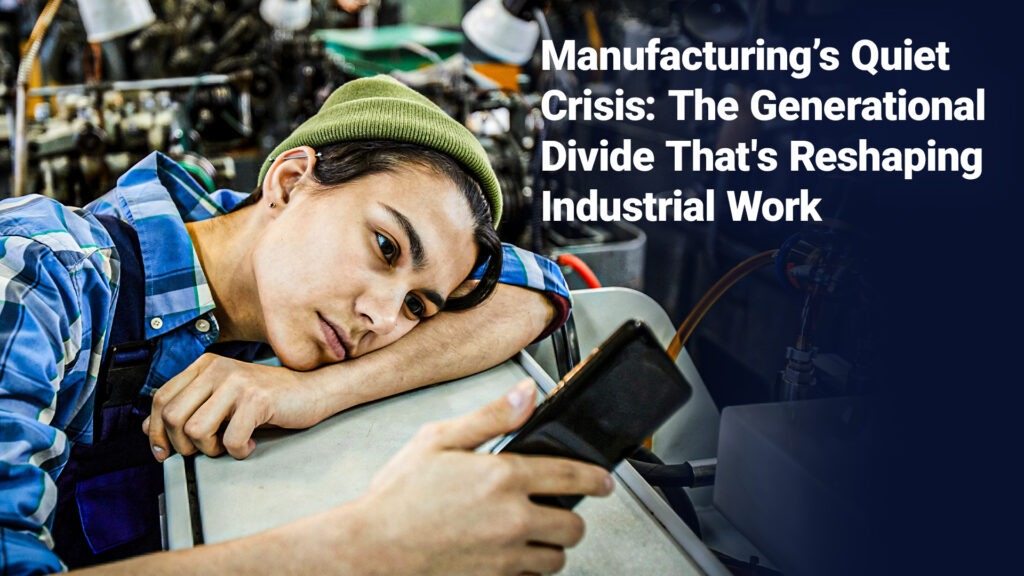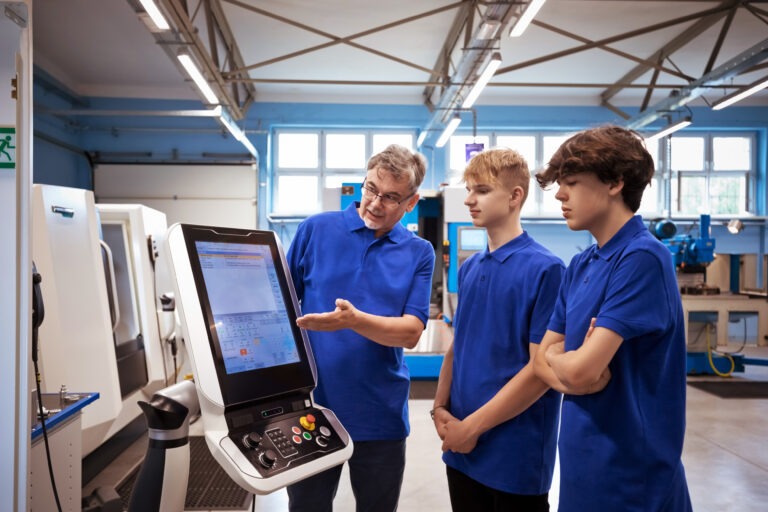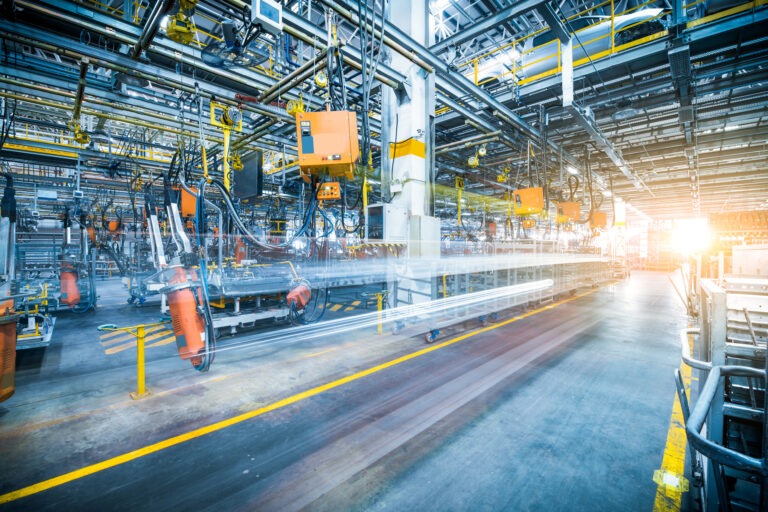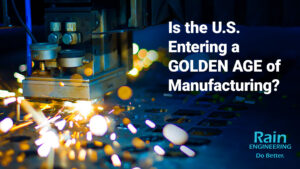For much of the last century, manufacturing jobs were viewed as a cornerstone of economic opportunity.
These roles were accessible, stable, and offered clear pathways to middle-class livelihoods.
Generations of workers found purpose and pride in building things—cars, tools, machines, materials that powered daily life.
But in the past two decades, that narrative has unraveled.
Today, younger workers are entering adulthood with a vastly different set of expectations and motivations.
In a world inundated by social media posts that praise glamorous living, the middle-class lifestyle just does not have the appeal it once did. The new generation wants a large house, a few cars, the luxury of travel. The new generation wants it all… And they want it NOW!
You see, millennials and Gen Z were raised in a world shaped by digital convenience, constant connectivity, and rapid change.
Many have grown up with access to higher education, exposure to white-collar career paths, and cultural messaging that prizes innovation over repetition.
For many of them, traditional blue-collar jobs often seem outdated, overly rigid, and physically taxing—out of step with the careers they envision for themselves.
At the same time, many schools and communities have de-emphasized vocational training.
College degrees are pushed as the default path to success, while apprenticeships, skilled trades, and technical certifications are sidelined.
The result is a generation that extremely tech savvy, but unfamiliar with and largely uninterested in the kind of work that has sustained manufacturing for decades.
And – in case you were wondering – this isn’t a passing trend. It’s a demographic and cultural shift that’s accelerating.
As Baby Boomers continue to exit the workforce—many of whom spent entire careers in industrial settings—the gap between available jobs and willing workers is growing.
Manufacturers across the country are already struggling to fill positions, from machine operators to maintenance technicians, and those positions that are filled often face high turnover as younger workers search for roles that feel more aligned with their aspirations and wanted lifestyle.











